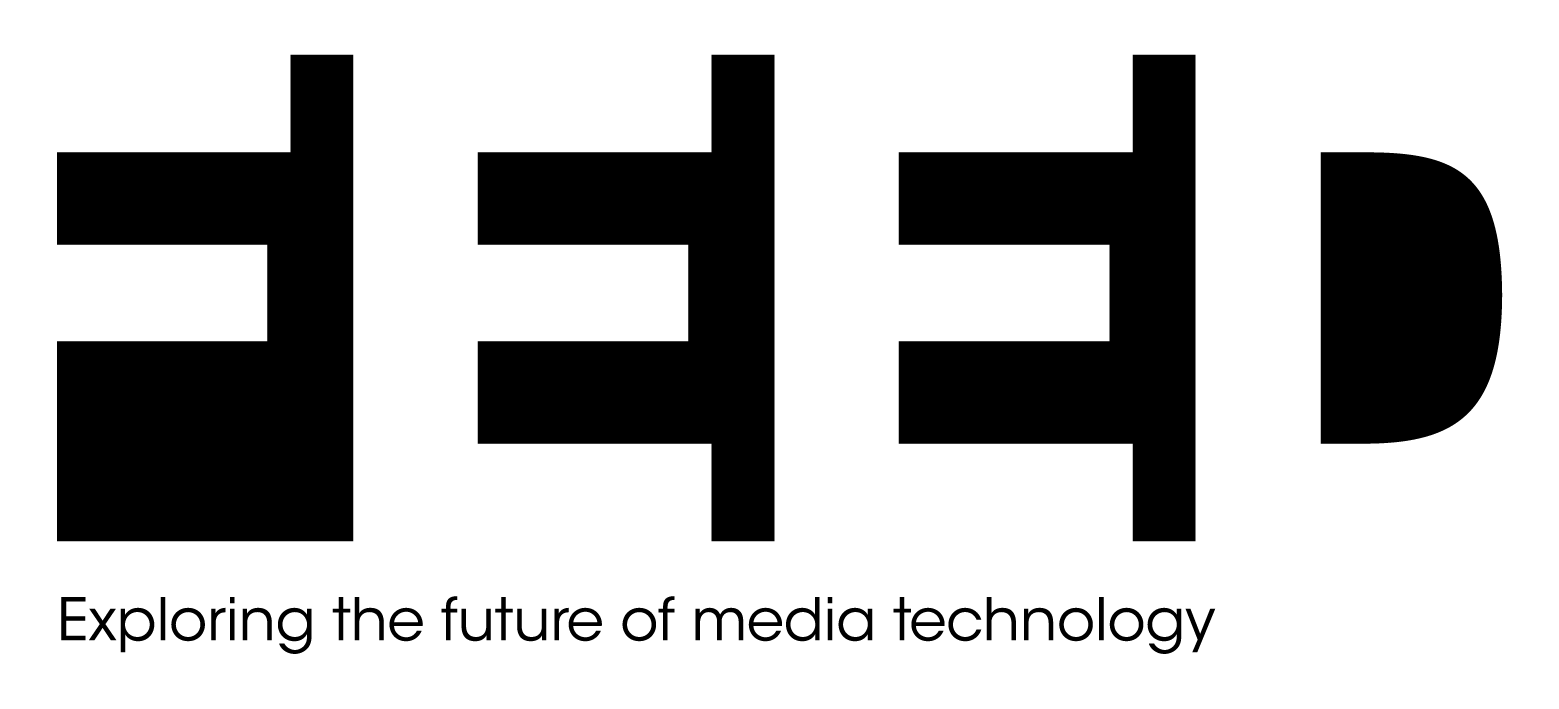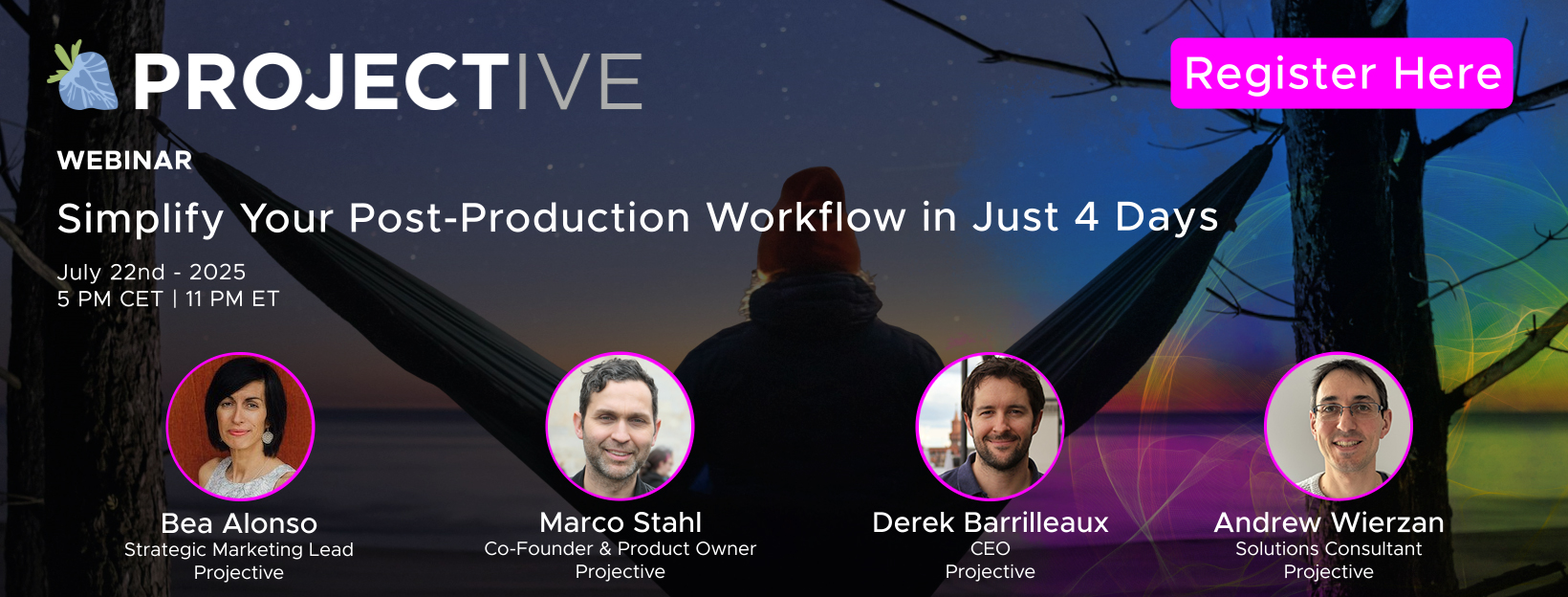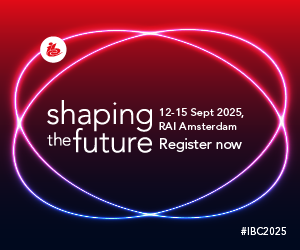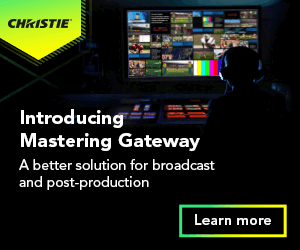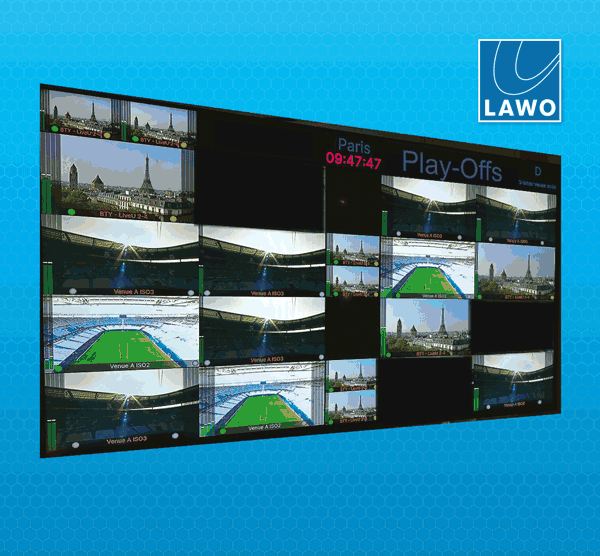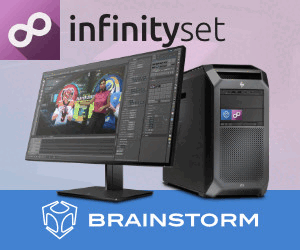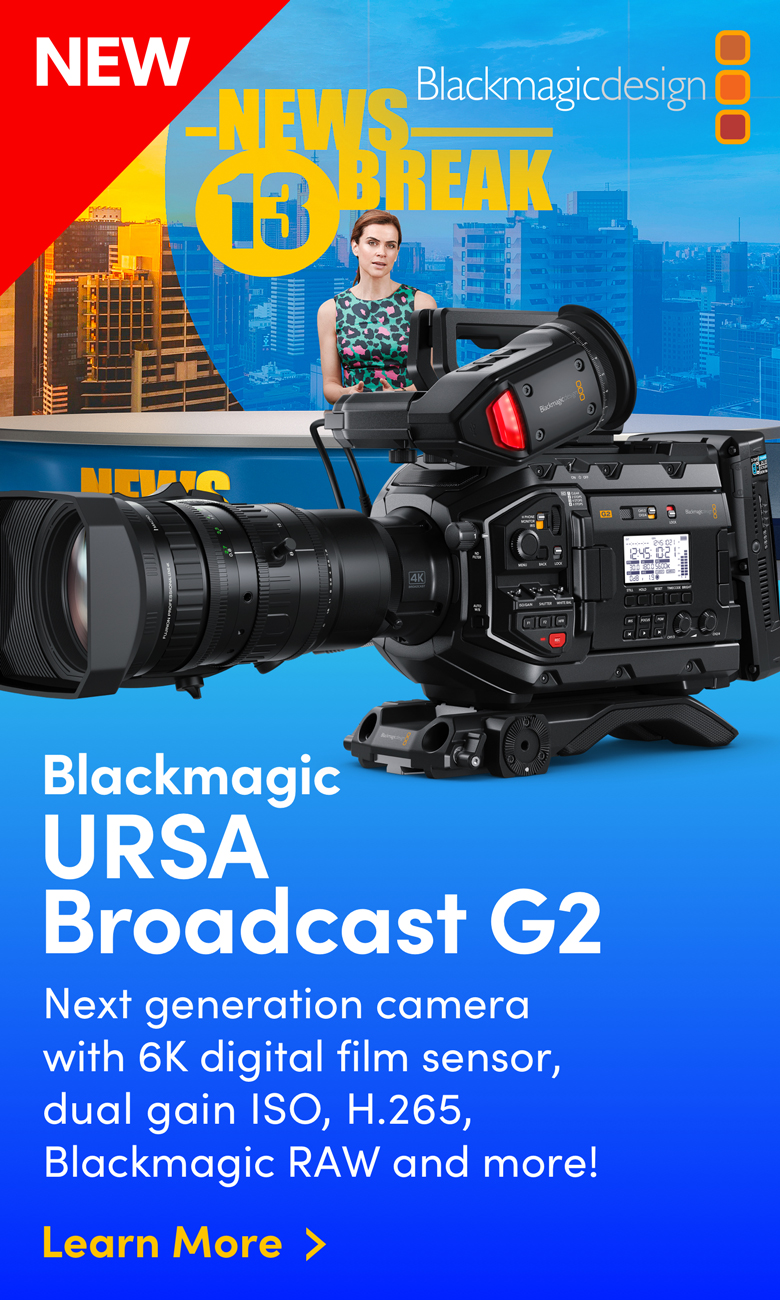Broadcasting the Rocket League Championships at London’s Copper Box
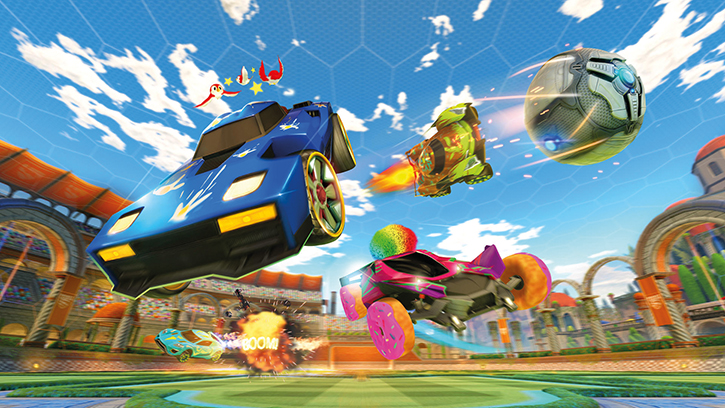
Live broadcast veterans NEP are putting themselves at the centre of esports broadcasting with this year’s Rocket League Championships in London.
“Rocket-robots playing football” is perhaps the best way to describe the game at the centre of this summer’s Rocket League Championship Series 5 (RLCS).
In June, Rocket League’s biggest gaming tournament, the World Championships, left North America and for London’s Copper Box Arena in front of a crowd of cheering fans. It was the first time the RLCS had been operated by the game’s developer Psyonix, instead of being outsourced to streaming network Twitch.
LA-based Next Generation Esports (NGE) produced this year’s RLCS. The competitors were the top ten teams from North America, Europe and Oceania, selected through heats on Twitch, with each match comprising a series of five, three-on-three games.
And the winners of the Rocket League Series 5 World Championships were…
…well, you have to read to the end to find out.
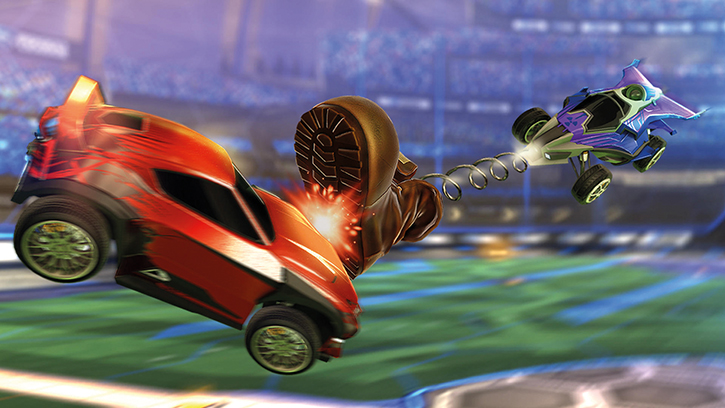
Global Solutions
NGE employed global broadcast systems integrators NEP to provide production facilities for the finals – three days of competition, broadcast live via Twitch. NGE had already been working with NEP on eSports events stateside and was looking to continue a reliable and consistent service in its first production abroad.
NEP’s John Bullen extolls the advantages of NEP’s global reach. “We were able to work with our US colleagues to ensure the look and feel of the show were in line with their expectation,” he says. “We could look to how we had supplied similar sorts of kit and crew in the past, and to what NGE was already used to. This is such a new area for everybody, we are kind of finding our feet. Everybody is, in this new genre.
“But it is something of definite interest to us. It’s a market that is in excess of $900 million. It’s expected to top out at over a billion by 2020. Audience figures are just staggeringly high – 380 million people have watched some form of esport event so far in 2018. And over 160 million of those are rewatching, or avidly watching, esports broadcasts.”
NEP is so enthusiastic about the possibilities in esports broadcast that it has created a global esports working group, which engages in regular conversations across its offices in the US, UK, Europe and Australia. The group shares opportunities and tracks the work of companies such as NGE and other NEP esports clients, like Gfinity.
“We look at these companies to see what sort of events they’re doing next and where they’re looking to take their particular brands of esport games and see how we can support that.”
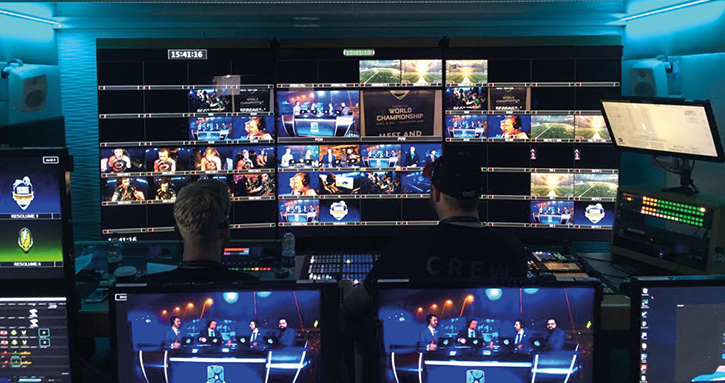
Putting On a Show
Though NEP is relatively new to esports, the company has clocked many thousands of hours producing live TV all around the world. Does that old school broadcast experience translate to the world of esports?
“The interesting thing is there isn’t a whole lot of difference from working on an eSports event to any other live sporting project we might work on,” says NEP’s Bullen. “The difference tends to be the platform on which that content is distributed. Predominantly esports is distributed online via gaming platforms such as Twitch or YouTube.”
The Rocket League Championship Series 5 employed NEP’s Sargasso broadcast truck. The production employed seven Sony 4300 HD cameras and a 24ft jib, along with six HD minicams for close-ups of each of the players.
Being able to get tight close-ups of players at any point in the competition is a luxury that distinguishes gaming from most other broadcast sports. “You can get action shots of the players grimacing during the game. If there was a particular move that a player was undertaking, often the director would cut to that person during the gameplay. I think that adds to the audience’s immersion in the game. It’s like seeing someone about to take a penalty in a football broadcast – will they, won’t they score? We’re replicating the kind of direction in esports which people are used to seeing in traditional sporting contests.”
The production also used two eight-channel EVS’s for replay and online clip-out. Clips from the EVS were output to social media during the three days of the tournament.
Three observe PCs, brought by the client, were used for viewing the gaming console outputs. Two of them were on the arena floor, connected to the OB truck, with another based in the truck, managed by a member of the NGE team. That gameplay content constituted a large proportion of the live broadcast.
The show was distributed at 1080 at 59.94p, the typical format for video game broadcasting.
“The 59.94p took a bit of engineering in the truck to achieve,” notes Bullen.
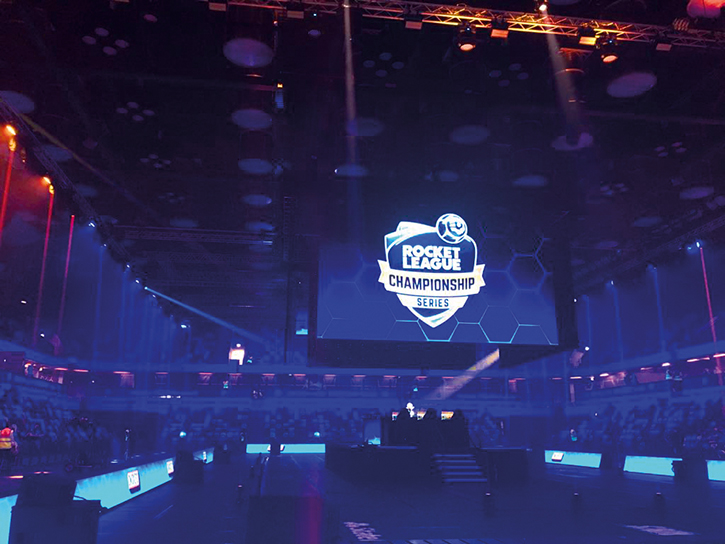
Massive/Multiplayer Broadcasting
Though NEP is drawing on its past sports broadcast experience, the company is looking to develop new ways of approaching the challenge of esports.
“Spending time with NGE, you get to understand the level of ambition these guys have when they want to put shows together – where you will see growth and what might provide technical challenges and the sorts of games offered. There are now some very popular games that have up to 100 individual players all competing in this virtual world.
“How do you cover something like that from a production viewpoint? The only thing I can think to compare it to in traditional sports is something like golf where you focus on an individual’s play and that weaves itself into a wider narrative of what’s going on. You might focus on Tiger Woods shooting on the 13th hole at Augusta and cut to Luke Donald’s putting on the 15th, and through the skill of the commentators, and through the production narrative you create, that becomes part of a wider story.
“How esports will evolve and how it will grow is by showing these games that have a wider narrative and multiple players competing. How do you tell that story from start to finish to an audience in a live venue and online? How do you integrate the analysis and the drama and the various characters in their locations into one production? I think that’s something we’d love to work with a client on developing.”
So who did win the Rocket League Series 5 World Championships?…
The winners were, for the second year in a row, the UK-based Team Dignitas!
This article originally appeared in the August 2018 Issue of FEED magazine.
